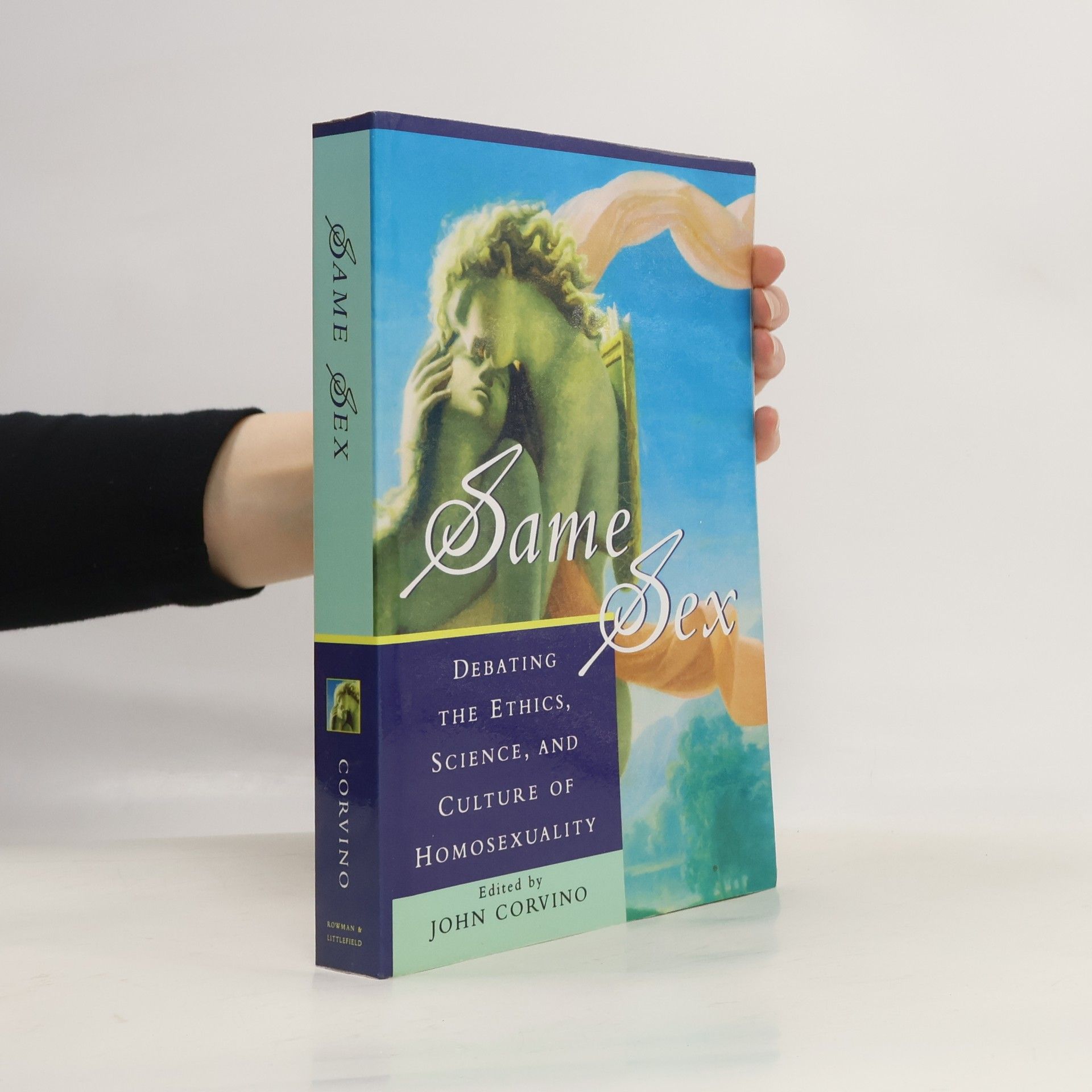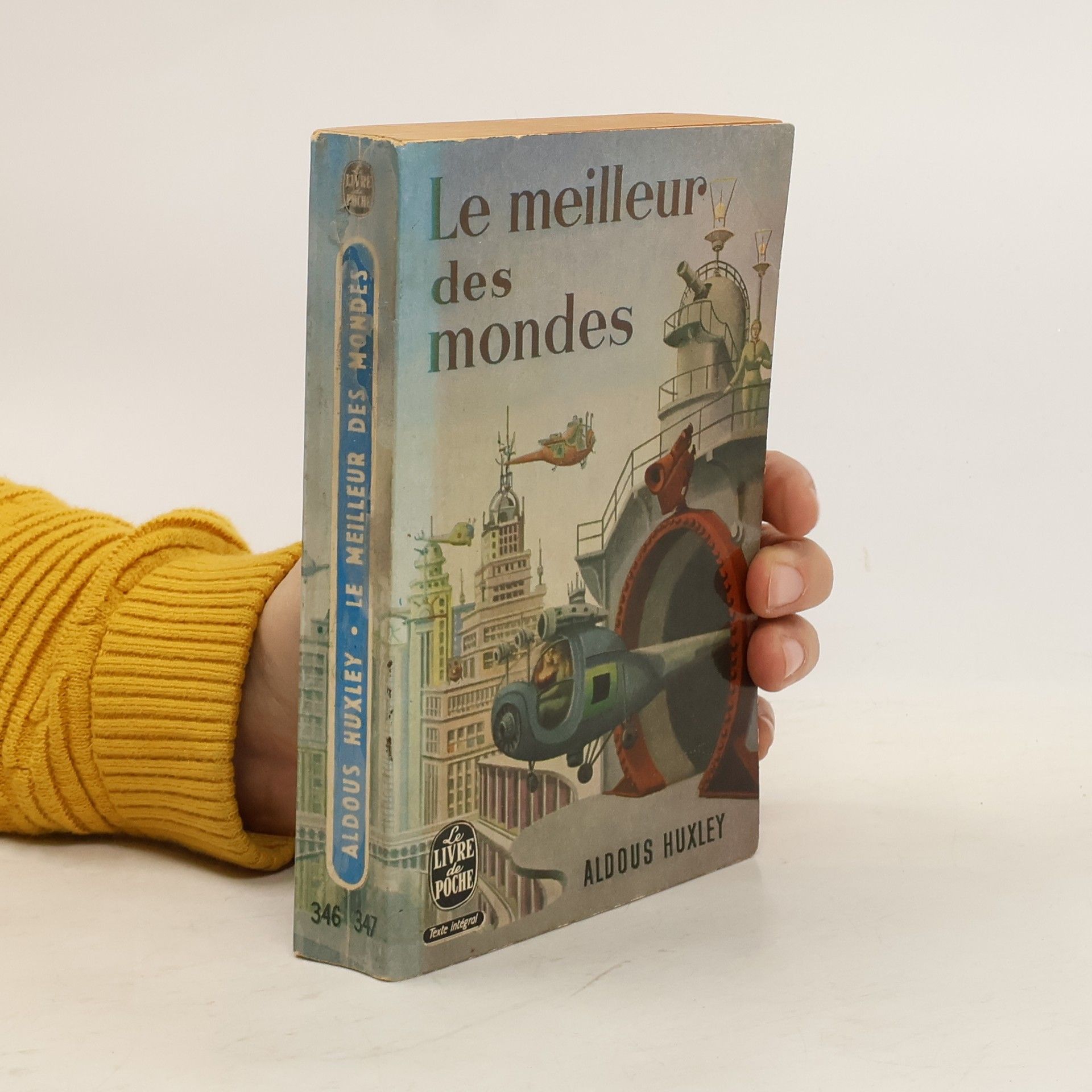Un chef-d'oeuvre de la littérature d'anticipation écrit en 1931 et dans lequel A. Huxley montre non pas le progrès de la science en tant que tel, mais le progrès de la science en tant qu'il affecte les individus humains.
David Bradshaw Livres




The Doors of Perception and Heaven and Hell
- 208pages
- 8 heures de lecture
Half an hour after swallowing the drug I became aware of a slow dance of golden lights . . . Among the most profound explorations of the effects of mind-expanding drugs ever written, here are two complete classic books—The Doors of Perception and Heaven and Hell—in which Aldous Huxley, author of the bestselling Brave New World, reveals the mind's remote frontiers and the unmapped areas of human consciousness. This new edition also features an additional essay, "Drugs That Shape Men's Minds," which is now included for the first time.
A Passionate Apprentice
The Early Journals 1897-1909 - With Seven New Journal Entries Published in Paperback for the First Time
- 462pages
- 17 heures de lecture
A Passionate Apprentice comprises the first years of Virginia Woolf's Journal - from 1879 to 1909. Beginning in early January, when Woolf was almost fifteen, the pages open at a time when she was slowly recovering from a period of madness following her mother's death in May 1895. Between this January and the autumn of 1904, Woolf would suffer the deaths of her half-sister and of her father, and survive a summer of madness and suicidal depression. Behind the loss and confusion, however, and always near the surface of her writing is a constructive force at work - a powerful impulse towards health. It was an urge, through writing, to bring order and continuity out of chaos. Putting things into words and giving them deliberate expression had the effect of restoring reality to much that might otherwise have remained insubstantial. This early chronicle represents the beginning of the future Virginia Woolf's apprenticeship as a novelist. These pages show that rare instance when a writer of great importance leaves behind not only the actual documents of an apprenticeship, but also a biographical record of that momentous period as well. In Woolf's words, 'Here is a volume of fairly acute life (the first really lived year of my life).'
Studies in Social, Political, and Legal Philosophy: Same Sex
Debating the Ethics, Science, and Culture of Homosexuality
- 422pages
- 15 heures de lecture
...attempts to substitute reason and scholarship for diatribe.―The Washington Post Are gay rights equal rights or special rights? Is homosexuality immoral? While contributors to Same Sex, including the late John Boswell, David M. Halperin, and George Chauncey, often clash in opinion, they share a fundamental commintment to careful, rational discussion. Essential reading for anyone looking towards a better understanding of gays, lesbians, and the issues that surround them.